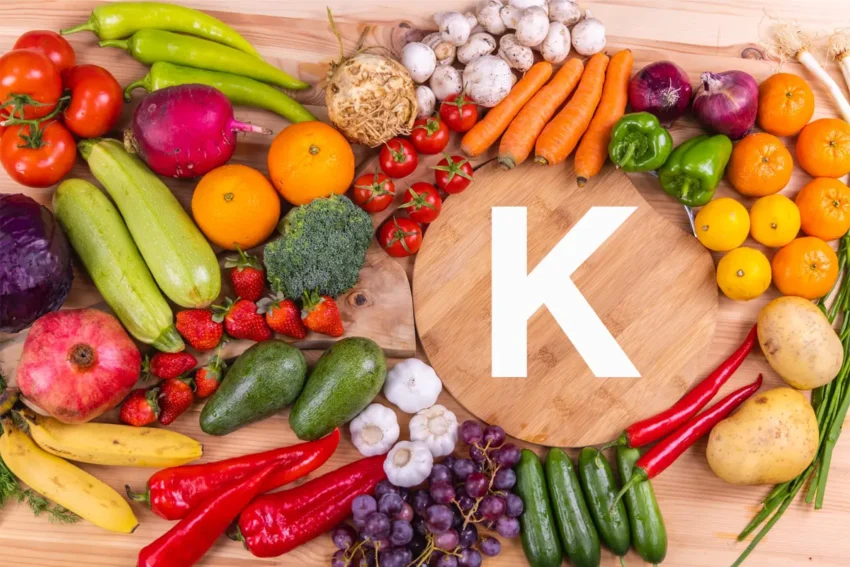Vitamin K is a fat-soluble vitamin that plays a crucial role in human health. Vitamin K is involved in several important bodily processes, including the formation of blood clots, the maintenance of strong bones, and the regulation of blood calcium levels.
Vitamin K is found in a variety of foods, including leafy greens, vegetable oils, and fermented foods. While the human body can store vitamin K, it is still important to get sufficient amounts of this essential nutrient from dietary sources.
A deficiency of vitamin K is relatively uncommon, but can result in excessive bleeding, poor bone health, and an increased risk of certain chronic diseases.
Vitamin K supplements are commonly used to support overall health and to treat and prevent specific health conditions, such as osteoporosis and certain types of cancer. Additionally, vitamin K supplements may also be used to improve blood clotting and to support wound healing.
While vitamin K is generally considered safe and well-tolerated, excessive amounts can cause adverse effects, such as increased risk of blood clots and decreased ability to absorb other nutrients. Additionally, high doses of vitamin K supplements can interfere with certain medications, such as blood thinners, so it is important to talk to your doctor before starting a vitamin K supplement.
In conclusion, vitamin K is an essential nutrient that plays a critical role in maintaining good health. By including a variety of vitamin K-rich foods in your diet and by talking to your doctor about taking a supplement if necessary, you can help ensure that you get enough of this essential nutrient to stay healthy and well.

